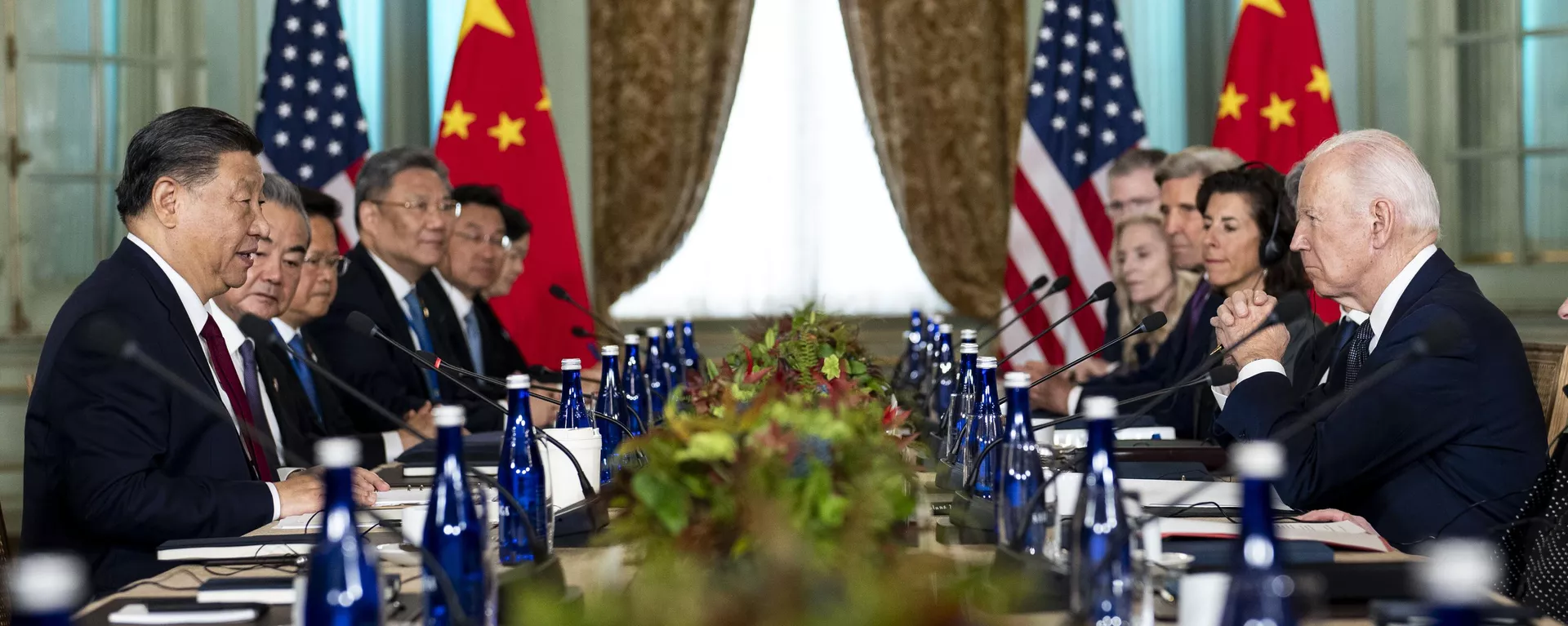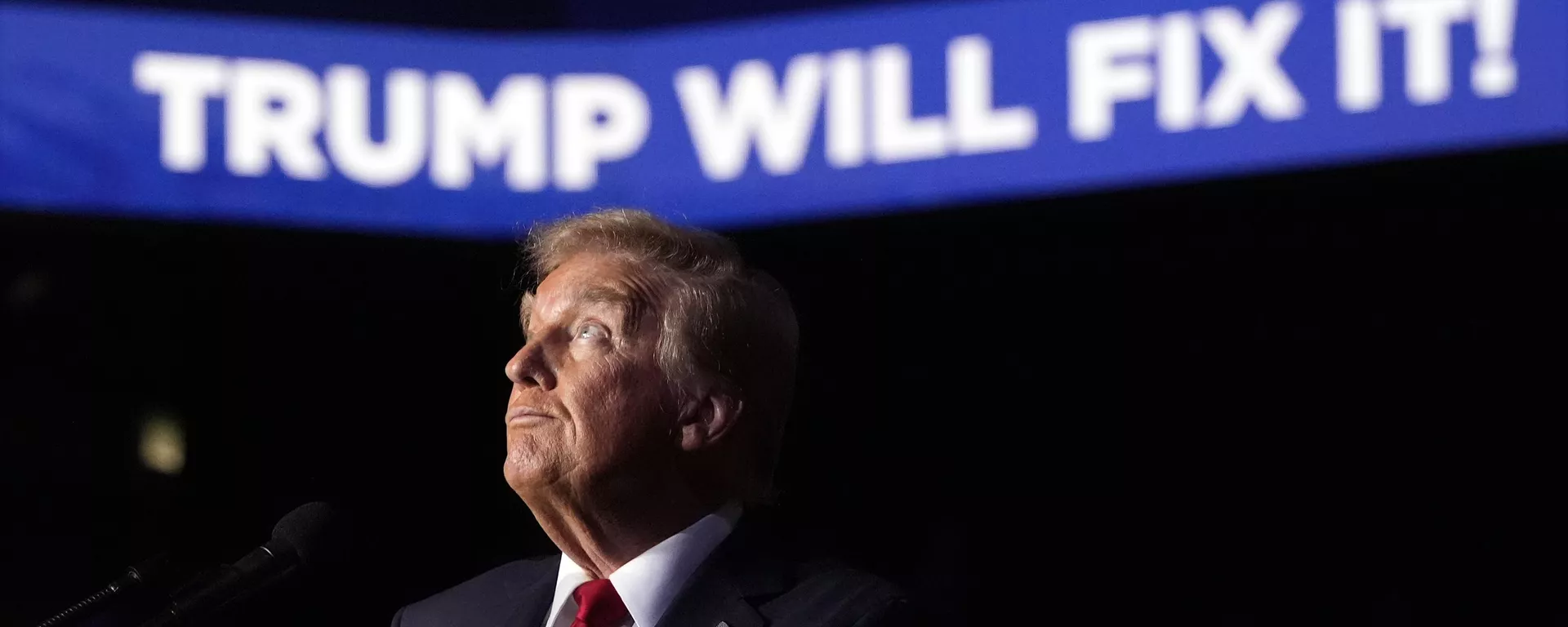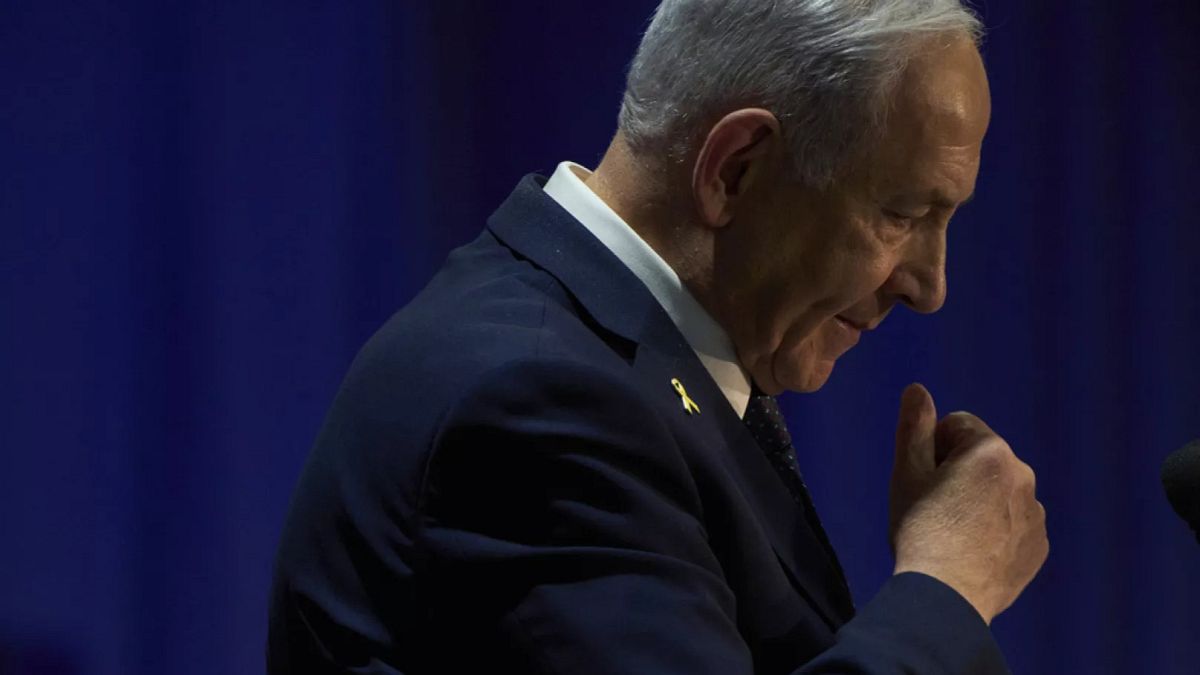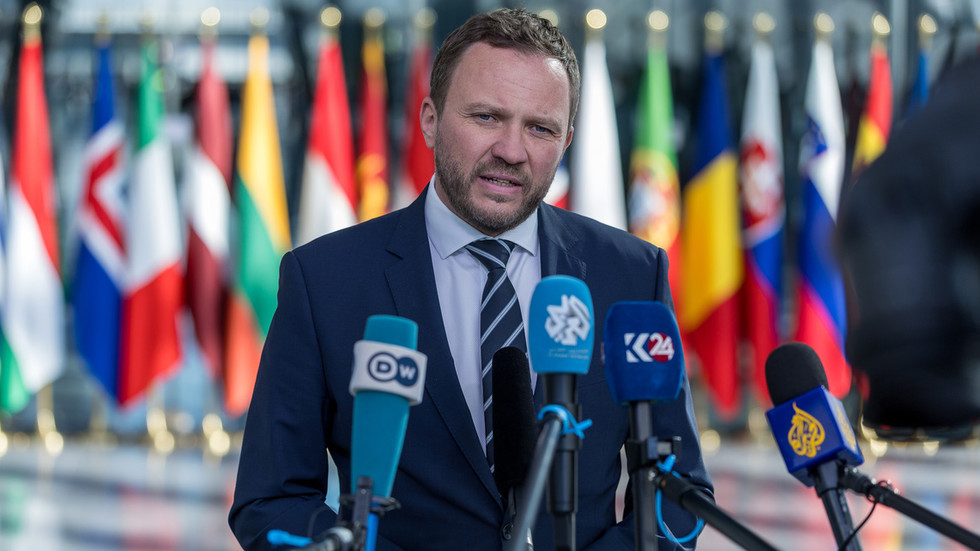Tariff Policy
"Trump's tariff policy... What will happen in reality? He will certainly raise tariffs. This will be helped by the control of both houses of Congress by the Republican Party. But this will only be done in 2026. Not in the scale [as Trump promised], I think in a much smaller scale," Zadornov said.
The introduction of new tariffs will be the result of complex trade negotiations with both countries of North and Latin America, as well as with allies in Europe. This will lead to China, as before, trying to circumvent the restrictions by trading through Mexico, Vietnam and other Asian countries.
"Chinese goods will still enter the markets of Europe and the United States," Zadornov noted.
However, because of this, global trade will be further fragmented, and its growth rate will certainly decrease, the economist noted.
"For us, this means that Russia will have to look for its trade allies in this changing global landscape," he added.
Zadornov recalled that Trump promised to introduce 20% tariffs on all imports from Europe and other countries, raise tariffs on imports from China to 60% and completely deprive China of the most favored nation status in mutual trade.
"Let me remind you that the US trade deficit this year could be about $1 trillion. That is, for Trump, this is simply an additional source of compensation for the reduction of taxes within the United States," the former finance minister explained.
In addition, during the election campaign, Trump promised to introduce measures against countries conducting de-dollarization, setting tariffs on their imports at 100%. According to Zadornov, this will be impossible to do. The fact is that it is not countries that are abandoning the dollar and switching to settlements in national currencies, but companies.
"Often they do this precisely under the pressure of US sanctions against certain countries or corporations. And this idea is not feasible, I think it should not be seriously considered," the economist emphasized.
State Debt
Answering about the future of the US national debt, Zadornov said that over the next 10 years the national debt, which is now approaching $36 trillion, would increase by another $7.5 trillion.
In particular, Trump's tax initiatives will have an impact on this: reduced tax rates for corporations, for personal income, as well as the introduction of a tax exemption on tips.
"Here are all the tax initiatives — this is approximately $4.5-$4.6 trillion over 10 years, according to the calculations of the Congressional Budget Office. With additional expenses, this is approximately $7.5 trillion increase in the national debt over the next 10 years," Zadornov explained.
He noted that Harris's plans "cost" about half as much: under her, the national debt would also increase, but by about $3.5 trillion.
At the same time, it is impossible to partially write off the US national debt, "there is no point in this, no one is going to do this," Zadornov said.
"It is easier to inflate it, that is, in fact, for the next 5-10 years there will be higher inflation in the United States," he added.
"And the markets are already pricing in higher inflation, a longer period of high rates on the American market, and a slower reduction in the key rate by the Federal Reserve System. The market has already revised its initial October expectations these days," the economist concluded.

 5 months ago
53
5 months ago
53









 We deliver critical software at unparalleled value and speed to help your business thrive
We deliver critical software at unparalleled value and speed to help your business thrive






 English (US) ·
English (US) ·